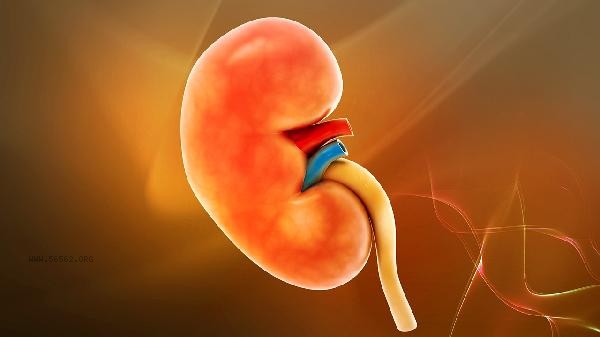A 40 year old male undergoing circumcision surgery may have certain sequelae, but the incidence is low, and most cases can be effectively controlled through postoperative care and medical intervention. The common sequelae of circumcision surgery include postoperative infection, bleeding, scar hyperplasia, and short or long foreskin. Postoperative care and following doctor's advice are key to reducing sequelae.
1. Postoperative infection: Infection is a common complication after skin cutting surgery, usually manifested as redness, swelling, pain, or exudation of the wound. The key to preventing infection is to keep the wound clean and dry after surgery and avoid vigorous exercise. Doctors usually prescribe antibiotic ointments or oral antibiotics to reduce the risk of infection. If symptoms of infection appear, seek medical attention promptly.
2. Bleeding: Mild postoperative bleeding is a normal phenomenon, but if the amount of bleeding is large or the duration is long, it may indicate incomplete hemostasis or excessive postoperative activity. After surgery, vigorous exercise, especially activities involving the lower body, should be avoided. If the bleeding is severe, seek medical attention immediately for hemostasis treatment.
3. Scar hyperplasia: Some patients may experience scar hyperplasia after surgery, manifested as hardening or protrusion at the wound site. The occurrence of scar hyperplasia is related to individual constitution. After surgery, anti scar drugs or laser treatment can be used according to medical advice to improve symptoms. Avoiding excessive friction on the wound can also help reduce scar formation.
4. Short or long foreskin: If too much foreskin is removed during surgery, it may cause the foreskin to be too short and affect the normal function of the penis; If too little is removed, it may lead to foreskin elongation and fail to achieve the expected surgical effect. Communicate fully with the doctor before surgery to ensure that the surgical plan meets individual needs. If such problems occur after surgery, secondary surgical repair may be considered.
5. psychological impact: Some patients may experience psychological problems such as anxiety and depression due to changes in appearance or discomfort after surgery. Postoperative psychological adjustment is equally important, and if necessary, seek the help of a psychologist. Although the sequelae of skin cutting surgery in a 40 year old male may exist, most of them can be effectively prevented and controlled through sufficient preoperative evaluation, standardized postoperative care, and timely medical treatment. After surgery, strict adherence to maintaining wound cleanliness, avoiding vigorous exercise, and regular check ups should be followed to ensure surgical effectiveness and physical health. If abnormal symptoms occur, seek medical attention promptly to avoid delaying treatment.








Comments (0)
Leave a Comment
No comments yet
Be the first to share your thoughts!